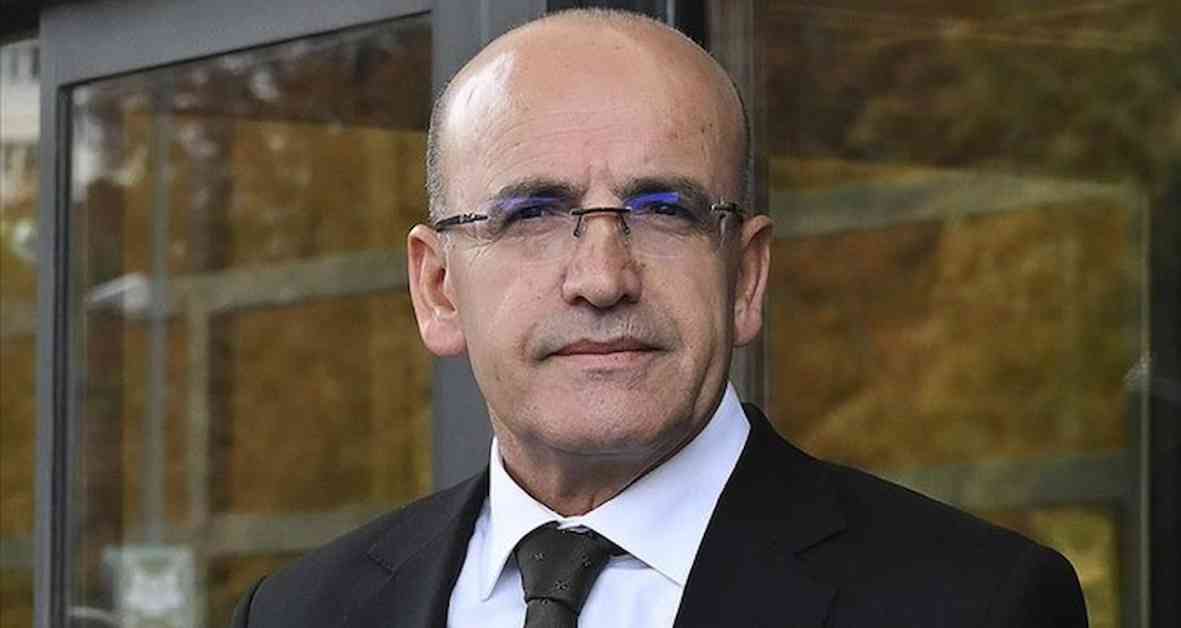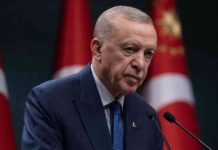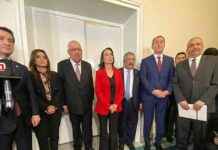Hazine ve Maliye Bakanı Mehmet Şimşek recently addressed key economic issues during a live broadcast on CNN Türk. He emphasized that their primary focus upon taking office was to reduce the country’s external vulnerability, followed by preventing and controlling inflation. Şimşek highlighted the significant progress made in reducing the current account deficit from $57 billion to around $19 billion by May of last year.
Furthermore, Şimşek pointed out that they had substantially improved the country’s reserves, with international reserves increasing from $98.5 billion in May of last year to around $147 billion according to recent official figures. By the end of last week, reserves had surpassed $153 billion. He also mentioned that excluding swaps, net reserves had improved by $78 billion, with a significant improvement in net reserves of over $90 billion by the end of last week.
In terms of inflation, Şimşek acknowledged that it is the worst and most unfair “tax” for citizens. He outlined their Medium-Term Program, which aims to bring inflation down to single digits by the first quarter of 2025. He expressed confidence that inflation would drop to the 20s by June or July of this year, possibly even earlier, and could be brought below 20% by the end of 2025.
Addressing concerns and doubts about their inflation targets, Şimşek stressed the importance of producing tangible results to build credibility. He emphasized the need for patience, determination, and a commitment to successful programs rather than considering shock therapy options.
Regarding economic growth, Şimşek responded to President Recep Tayyip Erdoğan’s comments on growth and inflation, highlighting the empirical support for their approach. He explained that short-term measures to reduce inflation might lead to a slight softening in domestic demand, but in the long run, sustainable high growth rates could be achieved. He emphasized the shift towards moderate growth and the potential for Turkey to return to a path of high growth alongside disinflation in the medium to long term.
When asked about criticisms from the private sector, Şimşek acknowledged the temporary slowdown in industrial production due to the decrease in inflation and the increased costs of holding stocks. He assured that they were closely monitoring the real economy and would take necessary measures based on indicators and models, emphasizing the current moderate growth in the economy as a result of their program.
Furthermore, Şimşek addressed the issue of rumors surrounding his resignation, dismissing them and reaffirming his commitment to serving the country without any personal agenda or political motives. He stressed the importance of the strong team effort in implementing their economic program effectively.
In response to questions about the impact of global interest rate cuts on Turkey, Şimşek noted the positive effects of the recent improvement in global financial conditions on Turkey, including increased fund flows and direct investments. He highlighted the importance of continuing to communicate and promote their program to attract additional investments and support from international partners.
Regarding savings measures, Şimşek outlined the government’s focus on prioritizing investments in irrigation, logistics, green transformation, and connecting industrial zones to ports through rail systems. He emphasized the need for disciplined spending to achieve significant savings and ensure the program’s success.
In conclusion, Şimşek emphasized the importance of ongoing communication with the public, stakeholders, and international partners to ensure the successful implementation of their economic program. He reiterated his dedication to serving the country and achieving sustainable economic growth and stability.











